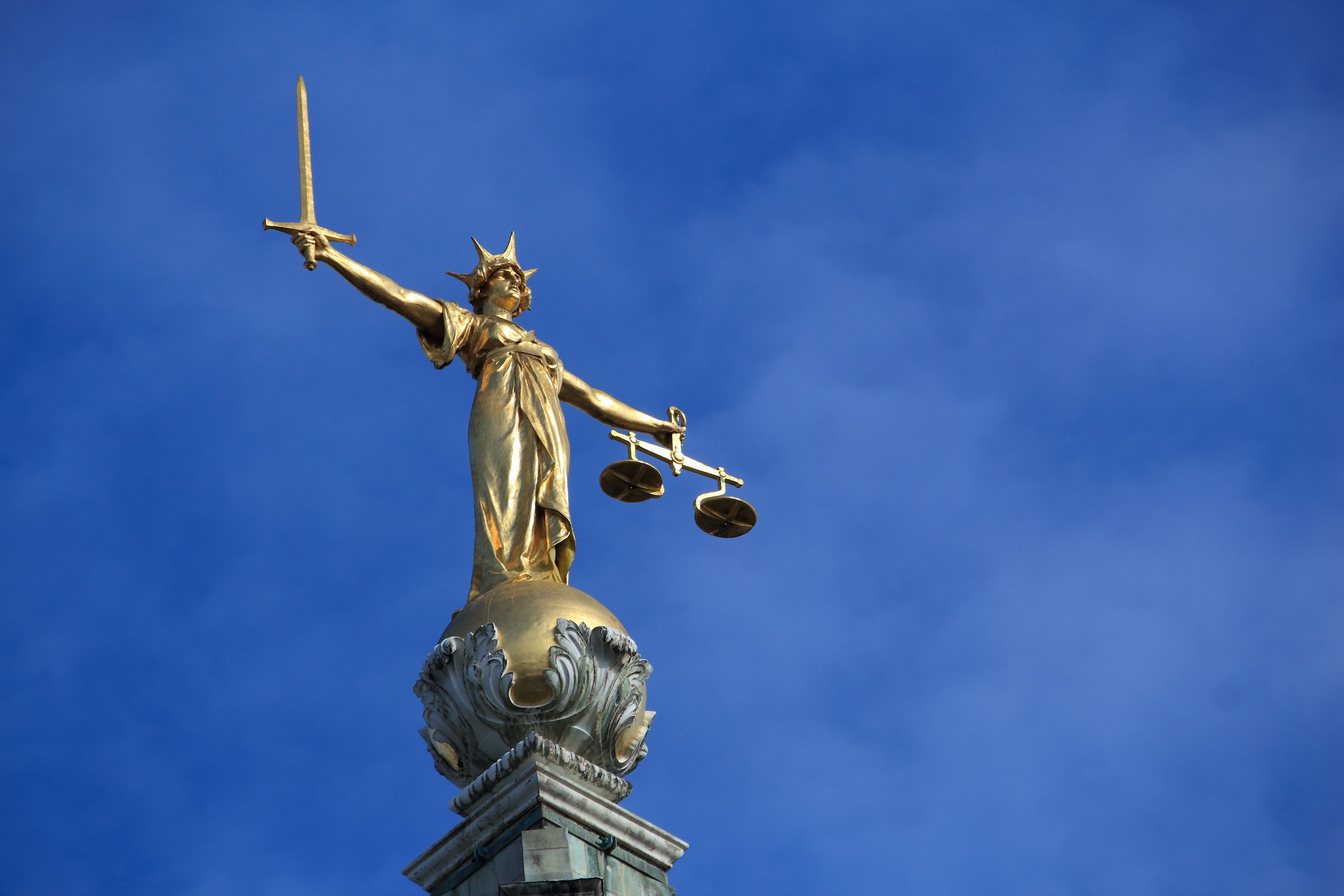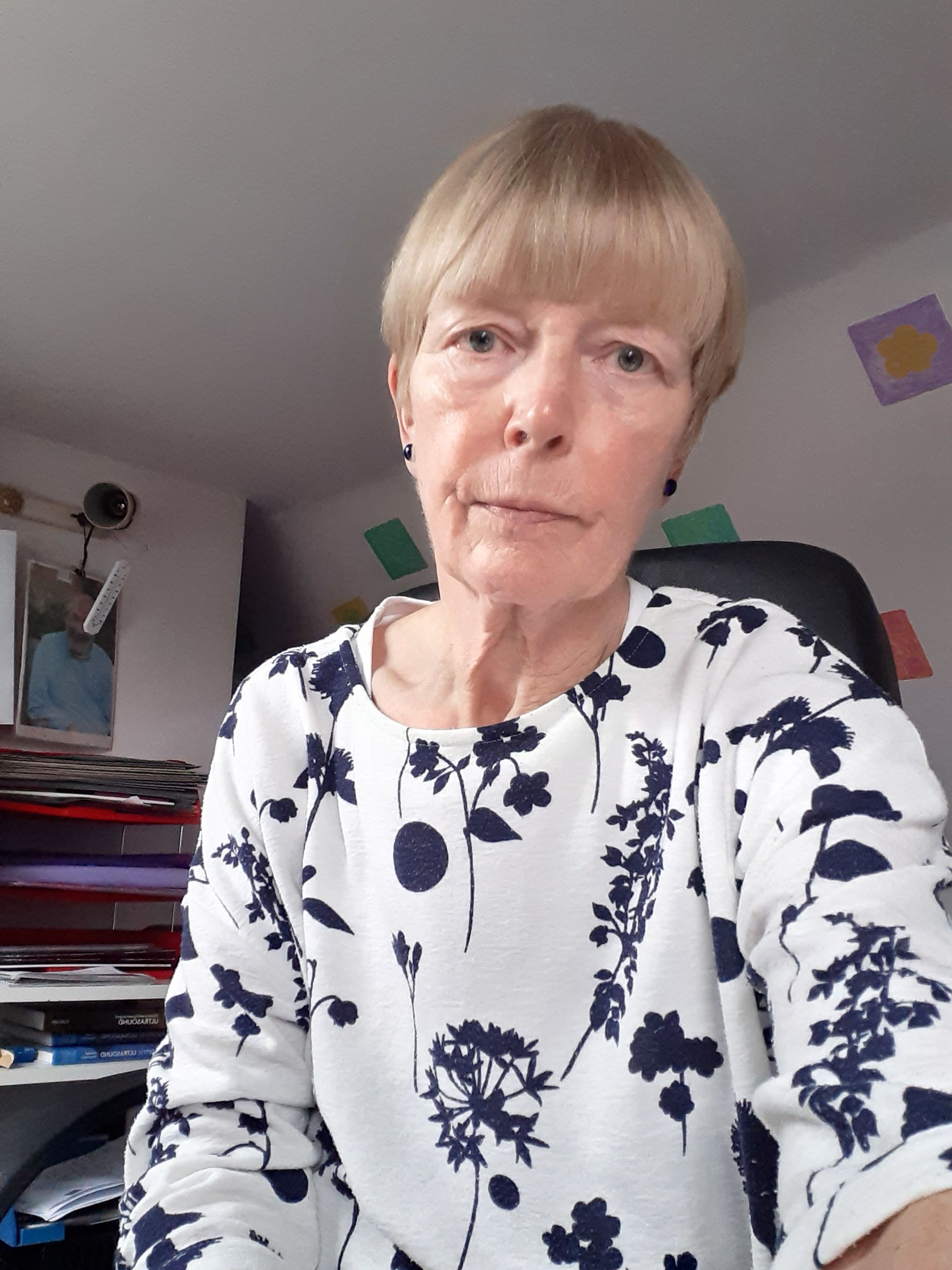
Professional
Could you be an expert witness?
Emily Faircloth and Trish Chudleigh outline the opportunities for radiographers and sonographers to work as expert witnesses, following the publication of new guidance by the Society and College of Radiographers.
The role of the practitioner as an expert witness is both a commitment and a privilege, and this emerging field is a new opportunity for the sonography and radiography professions to embrace.
There are many personal and professional benefits to being an expert witness, including the development of professional and transferable skills, leadership, confidence, presentation skills and succinct and accurate report writing techniques.
The expert witness also has a role in improving clinical practice. They can identify trends and themes arising from this work that can inform service developments and, potentially, changes to national policy and practice guidance.
Expert witness work is an excellent development opportunity for specialist and consultant radiography practitioners and sonographers to stretch their knowledge, experience and skills. It also takes them outside their ‘comfort zone’.
The CoR holds a list of members who undertake expert witness work. Members of the SoR who wish to apply to join the list must demonstrate that they are working at expert level within their field of practice. An application may be accepted for entry to the list once an introductory training course has been completed, which is free to members and included as CPD. The CoR also acts as a contact point for liaising with instructing solicitors and expert witnesses.
What is an expert witness?
An expert witness is a person who provides an opinion within the scope of their field of expertise, through qualification, practice and professional experience, to assist court proceedings. They can provide their opinion, through a written report or by oral testimony, on any matter, provided they are qualified and sufficiently experienced to give such an opinion.
The evidence and testimony of an expert witness must be independent and accurate. Expert evidence provides the court with information, explanation and understanding which is likely to be outside the experience and knowledge of a judge and/or a jury.
Requests for the provision of expert opinion, usually via a written report, are made by the receipt of instructions from the legal team representing the claimant or defendant.
The primary duty of the expert witness is to enable the judge and the court to reach an outcome for a case, by giving a credible opinion which is independent, unbiased and falls within the scope of their expertise. As such, it is this duty that overrides any other obligation, for example to the instructing solicitor.
Why would I become an expert witness?
Becoming an expert witness provides a valuable professional development for the specialist, advanced practitioner or consultant.
Writing expert reports, which is by far the bulk of the expert’s work, and providing oral testimony in court, is an excellent way to practise mastery of communication and the presenting opinion and ideas to a universal, though not necessarily a professional, audience.
The bridge between medical and legal worlds is fascinatingly nuanced and at times can be challenging to navigate as the court attempts to reach a judgement on a particular case. This work also allows for the professional to be viewed from another perspective and it is this scrutiny that highlights where changes in practice can be made to improve the safety, quality and experience of imaging services. For example, written and informed consent prior to the use of intravenous contrast media in CT is a highly recommended practice from the number of negligence cases involving extravasation, a rare but significant risk of the procedure.
How would I provide a written report?
On agreeing to accept a case, the instructing solicitor or a third party acting on behalf of the legal team will send you a formal letter of instruction, outlining the case and providing questions that they would like you to address in your report. You will usually be sent testimony taken from the claimant about the circumstances of the case, together with any other relevant witness statements. Copies of the claimants’ medical records are also included in what makes up the ‘case document bundle’, which needs to be read for anything relevant to the report. The final report is usually required, via secure email, within 28 days of receiving the instruction.
Do I have to attend court?
In most cases, a written witness statement or expert report is all that is required. Any questions arising from the report can normally be addressed in a case conference call or meeting. However, the court decides whether your evidence is provided in written form, as a witness statement or expert report, or verbally, or both and a subsequent summons to court, albeit rare, is a possibility. Attendance at court is usually because the parties do not agree on details of the witness statement or expert report, or the judge or either party wants to ask further questions on your evidence.
What happens during a court hearing?
In civil court proceedings the case is reviewed by a judge, either in private or in public, in a court room, and there is usually no jury. You will be asked questions about your witness statement or expert report by a barrister acting on behalf of the party that instructed you. You will then be asked questions by the opposing party: the cross examination.
How will I be paid?
For providing a written expert report you will be remunerated for your time at a fee agreed between yourself and the instructing solicitor or third party. This is negotiated prior to receiving instruction for a case and the expert witness is often asked for their ‘terms of business’ as well as a copy of their CV.
If you are summoned to provide oral testimony in court, the instructing solicitor should pay your expenses to travel to and from court, as well as any costs for overnight accommodation necessary, or appropriate compensation.
Expert witness sonographer Trish Chudleigh
Expert witness sonographer Trish Chudleigh
The expert sonographer
Trish Chudleigh is a sonographer with over 45 years of clinical experience in obstetric ultrasound, teaching and lecturing extensively. Until February 2021 she worked part-time as the specialist sonographer for education and training for routine obstetric ultrasound services at the Rosie Hospital, Cambridge University Hospitals NHS Foundation Trust (CUH).
She subsequently took up a part-time role as a research sonographer, a joint post between CUH and the University of Cambridge, retiring from this position in February 2023.
To date Trish has been asked to provide expert opinion in over 120 medico-legal cases related to prenatal ultrasound management. She suggests a practitioner would need at least the equivalent of five years’ full time experience to take on the expert witness role. "You need a certain gravitas and professional confidence that only tends to come with experience", she says. Trish normally allows eight hours to prepare a report and an additional hour to cover associated tasks.
Trish encourages radiographers and sonographers with sufficient experience to get involved: “It is something important to do. You are being a voice for the patients and for the professionals involved, and also helping to address important issues properly and fairly”.
Find out more...
The role of the expert witness: A guide for clinical imaging and therapeutic practitioners, was published in May 2023 by the Society and College of Radiographers.
The authors of the guidance were: Emily Faircloth, Radiographer Expert Witness and Strategic Lead, NHS England and NHS Improvement; Trish Chudleigh, Sonographer Expert Witness and Research Sonographer, University of Cambridge Department of Obstetrics and Gynaecology, Cambridge University Hospitals NHS Foundation Trust; Gill Harrison, Professional Officer for Ultrasound, Society and College of Radiographers.
An elearning for healthcare session is available on providing expert witness reports and testimony: Introduction to the Courts and Giving Evidence.
Members of the SoR who are interested in this area of practice can apply to join the CoR’s expert witness list.
Image credit: tupungato/GettyImages
Now read...



